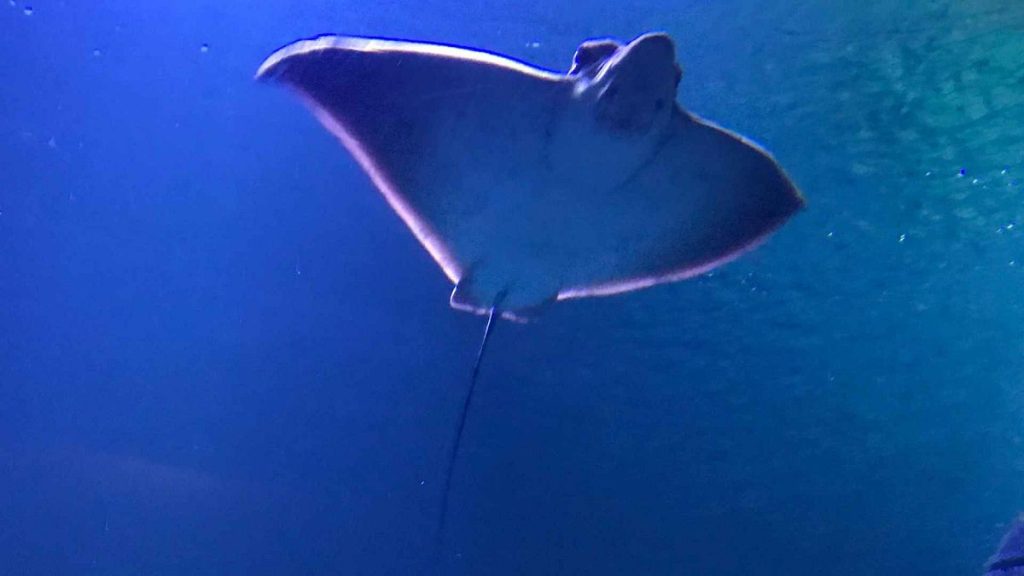The alarming decline of sharks and rays, a vital group of marine predators, presents a significant threat to the health and balance of ocean ecosystems worldwide. A comprehensive study has revealed that overfishing, coupled with habitat degradation, climate change, and pollution, has decimated these chondrichthyan populations by over 50% since 1970, pushing over one-third of these species towards the brink of extinction. This decline, initiated in near-shore environments like rivers, estuaries, and coastal waters, has progressively spread across the open ocean and into deep-sea habitats. The repercussions of this loss are far-reaching, disrupting intricate food webs and impacting the stability of diverse marine communities.
Sharks and rays occupy crucial ecological roles, acting as apex predators that regulate prey populations and maintain the overall health of marine ecosystems. Their decline creates a cascading effect, disrupting the delicate balance of food webs and impacting the abundance and distribution of other species. Larger, wide-ranging shark species, such as reef sharks, play a critical role in nutrient cycling, transferring vital nutrients from deeper waters to shallower coral reefs, supporting the productivity and biodiversity of these fragile ecosystems. Rays, as benthic feeders, contribute to sediment oxygenation and nutrient mixing, influencing marine productivity and carbon storage within these habitats.
The primary driver of this decline is overfishing, a pervasive issue where fishing pressure exceeds the reproductive capacity of the targeted species. This practice, coupled with bycatch – the unintentional capture of non-target species, including sharks and rays – has decimated populations across the globe. The scale of overfishing is staggering, with the number of overfished stocks tripling in the past five decades, pushing one-third of the world’s assessed fisheries beyond their biological limits, according to the UN Food and Agriculture Organization (FAO). This unsustainable exploitation undermines the long-term viability of these populations and threatens the overall health of marine ecosystems.
Despite the dire situation, a clear path towards recovery exists. Implementing sustainable fishing practices, strengthening fisheries governance, and eliminating harmful subsidies are crucial steps to mitigate the decline of sharks and rays. Science-based catch limits, designed to maintain healthy population levels, combined with measures to minimize bycatch, such as modified fishing gear and improved fishing practices, are essential tools in the recovery effort. These strategies, coupled with addressing habitat degradation, climate change, and pollution, can collectively contribute to the long-term conservation of these vital marine species.
The success stories emerging from regions like Australia, Canada, New Zealand, the United States, and parts of Europe and South Africa demonstrate the effectiveness of targeted conservation efforts. These regions have implemented robust management strategies, including science-based fishing regulations, bycatch reduction programs, and habitat protection measures, resulting in positive population trends for some shark and ray species. These examples serve as a blueprint for global conservation efforts, illustrating the feasibility of reversing the decline and restoring healthy populations of these critical marine predators.
The future of sharks and rays hangs in the balance, requiring concerted international action to protect these essential components of ocean ecosystems. By prioritizing sustainable fishing practices, strengthening fisheries governance, and addressing other threats like habitat degradation and climate change, we can safeguard the survival of these magnificent creatures and maintain the health and biodiversity of our oceans for generations to come. The task is challenging, but achievable if we act decisively and collaboratively.














